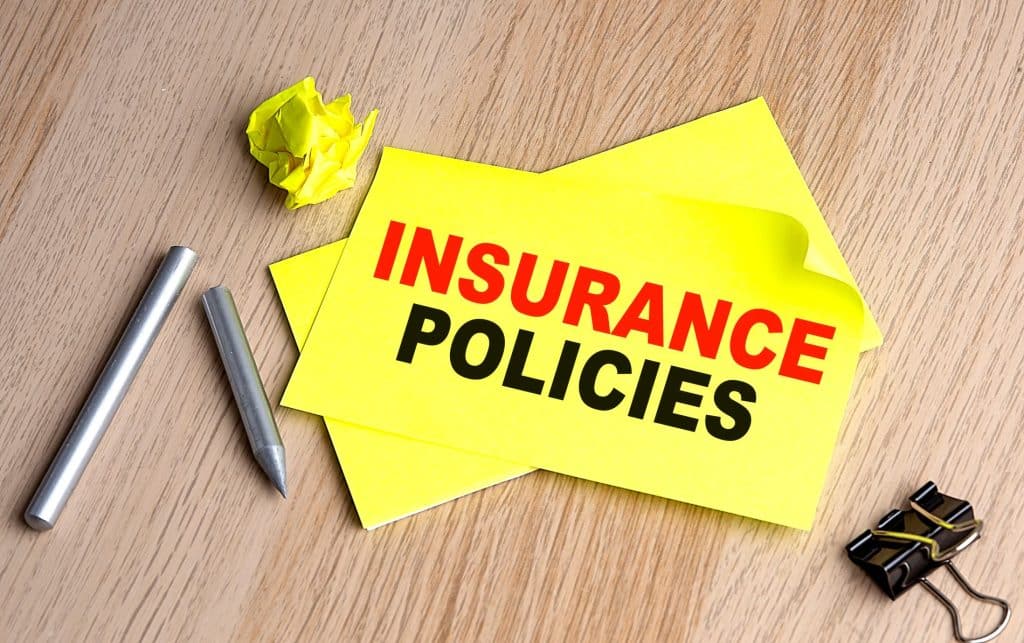What Happens If Home Insurance Is Not Renewed?
Homeowners insurance not renewed? This is an issue faced by homeowners across the US. Learn about your options if your homeowners insurance is not renewed.
Homeowners insurance not renewed? This is an issue faced by homeowners across the US. Learn about your options if your homeowners insurance is not renewed.

There are few things as stressful as homeownership and one reason is homeowners insurance. It can be difficult to know what coverage to include in your plan and if you need to submit a claim, you may be wondering if you have the coverage you need. But even more stressful is homeowners insurance not being renewed.
You still need coverage and you shouldn’t have to feel lost. If you are experiencing homeowners insurance non-renewal, you do have options.
First, it’s important to understand why a homeowners insurance non-renewal may happen. One example we can look to are the wildfires seen over the last several years. Along with the increase in wildfires, a higher number of homeowners in those affected areas are receiving non-renewal notices from insurance providers. This has also been reported as a trend in Florida and other states.
Sadly, this upward trend of homeowners insurance non-renewal in connection to natural disasters like wildfires can be tied to something called “changed carrier appetite.” Simply put, this means an insurance carrier no longer wants to cover the homeowners because they’ve decided their risk exposure is too high due to claim volume or anticipated risk. And so, homeowners are left to wonder how they can protect their homes.
When an insurance carrier chooses to non-renew a homeowners insurance policy, they are not cancelling the insurance. One common misconception of insurance non-renewal is that it’s the same as insurance cancellation. Cancellation of your insurance policy can happen if the premium isn’t paid or if they’ve decided you’ve misrepresented your information or committed some kind of fraud.
Cancellation can happen any time in many states after 60 days during your policy if one of those two things is determined to have happened.
Non-renewals are a different case. They can only happen when a policy term is up and a company must abide by state laws that require a certain amount of notice before a policy is renewed. Depending on the state, insurance companies must provide 30-90 days notice before a non-renewal.
Another big difference between a non-renewal and a cancellation are the reasons a company can non-renew a policy. While there are many reasons, there are three big ones to be aware of:
They no longer offer the coverage you were paying for in your policy.
They are no longer licensed in your state to offer policies.
You no longer fit within their acceptable risk profile.
The last reason has a host of variable and can be quite subjective regarding what is “acceptable risk.” For those whose policies were non-renewed due to the wildfires, this could likely be the reason. The company may non-renew policies after paying millions of dollars in claims related to the fires. This would help stabilize the company’s overall risk exposure.
And while this policy of non-renewals might make sound business sense, it can leave homeowners and their families at risk. So, what do you do, as a homeowner, if your policy is non-renewed?
Here’s the good news: there are options.

When contesting a non-renewal, you would contact your insurance provider and explain your case as to why you believe the non-renewal was unfair. When doing this, focus on the two arguments that seem to work the best: showing that your house is not as risky as the insurance provider thinks; or show that you’ve taken steps to mitigate your risk exposure. Because insurance providers often use risk maps that show large areas, they may not realize that your specific neighborhood or even your block may be at a much lower risk than others.
You can also make modifications or complete upgrades to your house that mitigate the risk they are most concerned about. That may include wind mitigation, electrical, plumbing or roof upgrades. Contesting your non-renewal may not successfully regain your coverage, but it’s the first step.
If you contest a non-renewal and it doesn’t help you regain coverage, your next step would be to research a new insurance provider. While that may require some leg work, it may be worth it if they will cover your home in the event of damages you can’t control.
Unfortunately, homeowners have little to no control over whether or not an insurance company decides they have a carrier’s changing appetite. Remember, you do have options and your situation is not hopeless. No one can change the whether, but we do have more and more data that can help homeowners regain coverage and there are companies being born with the goal of helping you in the more stressful times of home ownership.
Unfortunately most homeowners insurance agents either do not have the experience or the access to the correct providers in order to solve your problem and get your home insured. Let Home Insurance Alternatives find you a specialist today!
Frequently Asked Questions
When your homeowners insurance is non-renewed, it means your insurance company has decided not to continue your policy when the current term ends. This is different from a cancellation, which can happen mid-policy due to issues like non-payment.
Common reasons for non-renewal include:
Too many claims filed in a short time period
High-risk property location (e.g., wildfire or hurricane zones)
Changes in underwriting guidelines by the insurer
Lack of maintenance or unsafe property conditions
Market exit (company no longer writing in your state or area)
Insurers are typically required by state law to notify you in writing in advance — often 30 to 60 days before the policy expiration. This gives you time to find new coverage.
Yes — a non-renewal can make it more difficult or expensive to get coverage, especially if it’s due to claims history or property risk. However, many insurers still offer coverage to non-renewed homeowners, especially those who specialize in higher-risk properties.
Yes — your lender is typically listed on your policy and will be notified. If you don’t replace the policy in time, the lender may force-place insurance on your property — often at a much higher cost and with limited coverage.
Limit unnecessary claims — only file when truly needed.
Maintain your home regularly (roof, plumbing, electrical, etc.).
Mitigate risk (e.g., clear brush in wildfire areas, install storm shutters).
Work with a knowledgeable agent to stay ahead of changes in the insurance market.